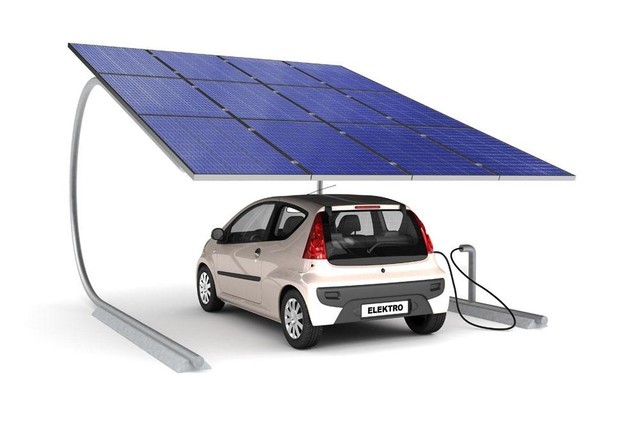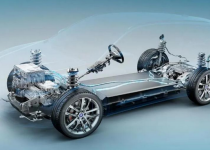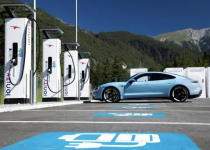What is the role of electric vehicles in smart cities and connected transportation networks?

Electric vehicles (EVs) play a significant role in the development of smart cities and connected transportation networks. As urban centers look for sustainable and efficient transportation solutions, EVs can contribute to these goals in various ways:
- Reducing emissions: EVs produce zero tailpipe emissions, which helps improve air quality and reduce noise pollution in urban areas. By integrating EVs into smart city transportation systems, cities can work towards reducing greenhouse gas emissions and meeting their climate goals.
- Integration with renewable energy sources: Smart cities often strive to use renewable energy sources, such as solar and wind power. EVs can be charged using this clean energy, further reducing their environmental impact. Additionally, vehicle-to-grid (V2G) technology allows EVs to feed energy back into the grid during peak demand or when renewable energy generation is low, helping stabilize the grid.
- Connected infrastructure: EVs can be integrated with connected transportation networks, providing real-time data on traffic, road conditions, and parking availability. This information can be used by urban planners, traffic management systems, and drivers to optimize traffic flow, reduce congestion, and minimize the time spent searching for parking.
- Autonomous vehicles: Many electric vehicles are being developed with advanced driver-assistance systems (ADAS) and, in some cases, full autonomy. Autonomous EVs can be integrated into smart city transportation systems, enabling more efficient traffic management and reducing the need for personal vehicle ownership, which can help alleviate traffic congestion and free up valuable urban space.
- Shared mobility: EVs can be incorporated into shared mobility services, such as car-sharing or ride-hailing platforms, providing sustainable and efficient transportation options for city residents. Electric vehicle fleets can be managed more efficiently using connected systems and smart charging infrastructure.
- Smart charging infrastructure: Smart cities can implement intelligent EV charging infrastructure, which uses data and connectivity to optimize charging times, balance energy demand, and prevent overloading of the electrical grid. This infrastructure can be integrated with other smart city systems, such as public transportation and renewable energy generation.
- Data collection and analysis: EVs generate a wealth of data that can be analyzed to improve urban planning, traffic management, and infrastructure development. This data can be used to predict transportation patterns, optimize energy usage, and improve the overall efficiency of the urban environment.
In summary, electric vehicles play a crucial role in the development of smart cities and connected transportation networks by contributing to sustainability goals, improving urban mobility, and integrating with advanced infrastructure systems. As EV technology continues to advance and adoption rates increase, the role of electric vehicles in smart cities will likely become even more significant.


